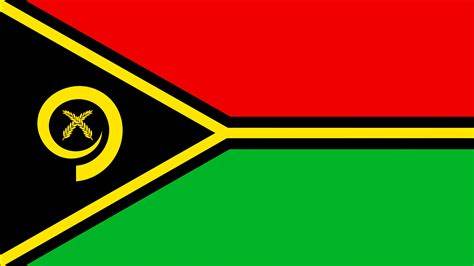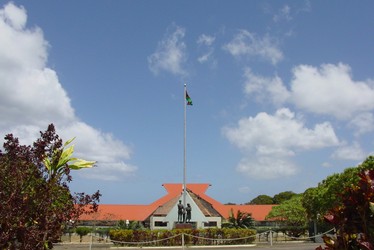by Tusi Tala, Staff Writer
Vanuatu’s caretaker Foreign Minister Matai Seremaiah has stated that regional labor mobility programs are affecting the local kava industry.
He noted that the influx of Ni-Vanuatu workers taking seasonal jobs abroad has diminished the local workforce available for kava farming.
“Farmers need assurance of a market to encourage planting,” he remarked.
“However, for planting to persist, we also require labor. If we keep sending workers overseas, it will create significant challenges for local kava production.”
An analysis has indicated that Vanuatu, alongside Samoa and Tonga, is a major supplier of labor under New Zealand’s Recognised Seasonal Employer (RSE) work policy, with 16,250 individuals from Vanuatu participating in the scheme from July 1, 2007, to June 30, 2022.
Additionally, Vanuatu is a leading labor-exporting country under Australia’s Pacific Australia Labour Mobility (PALM) scheme, having sent over 6,200 workers from June 2019 to May 2024.
The Vanuatu Daily Post reports that exporters are also worried about a lack of supply, as demand for kava has surged to record levels in 2024.
Discussions at a recent Kava Festival prompted consideration of whether the government should reassess its stance on foreign investment amid these challenges.
Current policy restricts foreign investors from entering the kava sector to safeguard local farmers.


